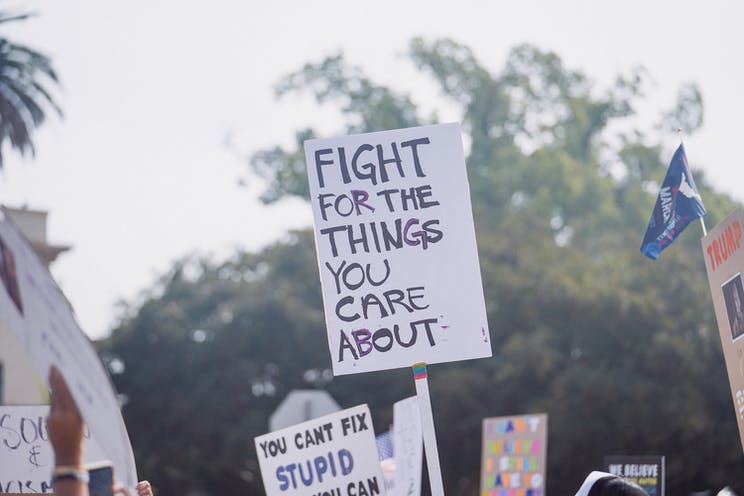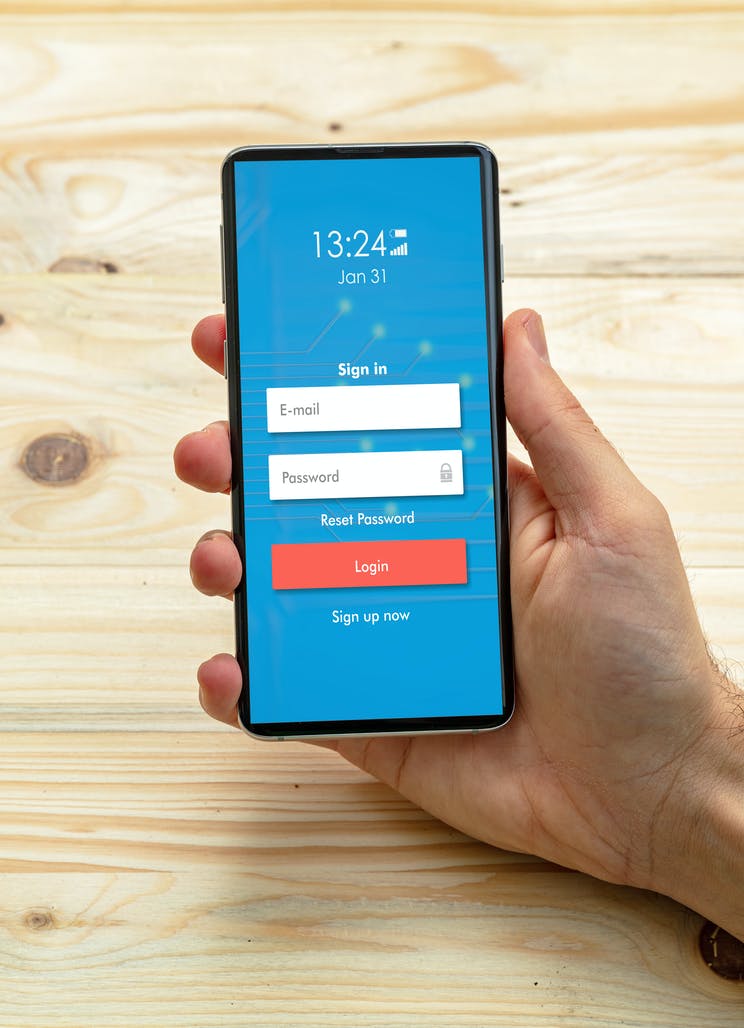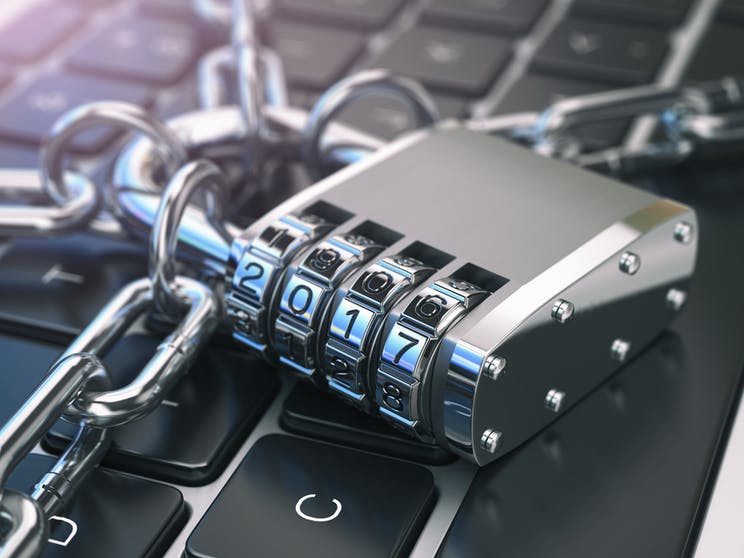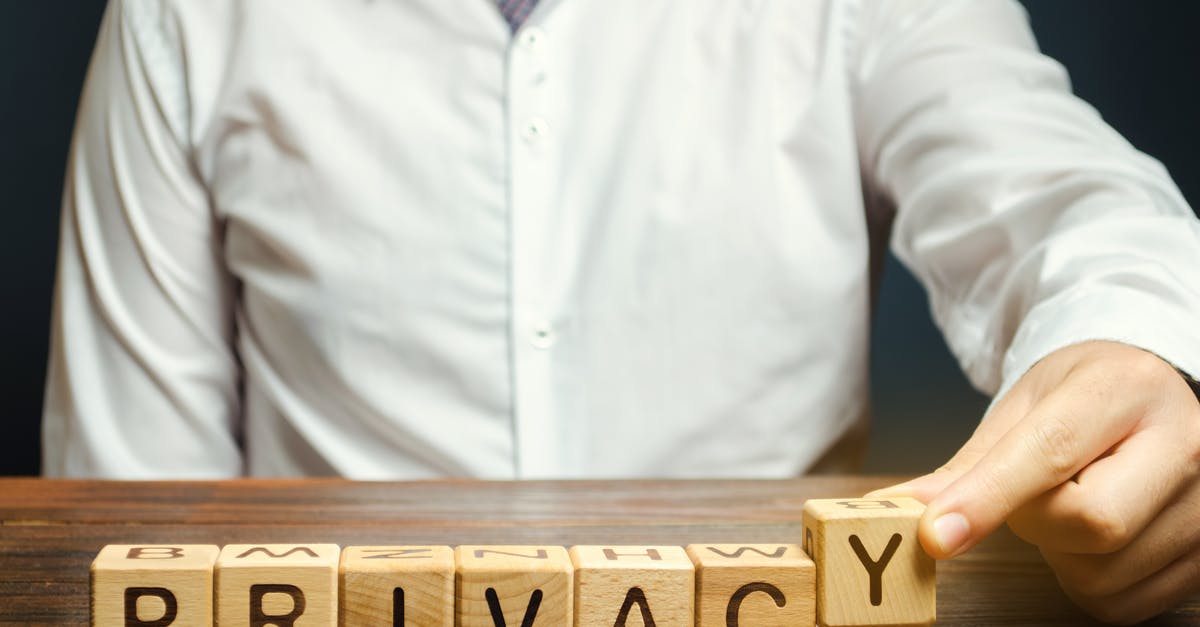Opinion: Why privacy is so important (and you always have something to hide)
“Why ‘I have nothing to hide’ is really no longer possible.” Several years ago this was the title of an article of mine on another website. Unfortunately, this term is still used and so it is high time for a reminder, because you always have something to hide, and more than you think.
Contents
Why is privacy important?
Many authorities with knowledge of privacy matters give a very clear explanation about the importance of your privacy. In summary you can say: Privacy is about keeping you in control. So that you can be free in who you are and what you do.
Below I highlight a number of quotes from the aforementioned authorities.
Privacy is a fundamental right. And a condition for being free in who you are and what you do.
Privacy is about people being in control of their data. And that, for example, one photo where someone appears as a drunk teenager does not determine his or her future.The point is that we are not continuously monitored, that our medical data is safe, that we can do something about an automatic decision about us.
It is about control over our own personal data.
When thinking about privacy, the question is not so much whether we have something to hide, as whether we have something to protect. And to that the answer for everyone is yes. This realization has consequences for our personal life, but also for our political thinking.
Privacy also helps us manage information boundaries. We must remember that certain information should be considered “none of your business”.
You always have something to hide
“I have nothing to hide.” “What are you worried about? There is nothing wrong. ” I still hear these comments in the year 2021 and they make me angry. Think of George Orwell’s 1984 book that warns us about dictatorships and totalitarian systems. When you say you have nothing to hide, keep in mind that you are giving up some of your privacy. Until invasion of your privacy is commonplace and a totalitarian system rules over us. You will obey, because you have nothing to hide.
That may sound very far-fetched, but it may also be a truth that is not that far removed from us. See the Uyghurs in China, the journalists in Turkey. In the meantime, many Eastern European countries are following by restricting democracy, such as Hungary and Poland, and before you know it, our country is tinkering with the democratic foundation. Our freedom of speech, our right to privacy, our freedom to be who we want to be.

Have you ever had an STD?
Can you still live with “I have nothing to hide”? Then I want to know about you now:
- what your five-digit PIN code for your ING app is
- and what the pin code of your smartphone is
- what the reason for your last doctor’s visit was
- how many men / women you slept with
- what the login details are for the salary system where you download your pay slips every month
- or bite your toenails
- whether you’ve ever had an STD
- if you’ve ever cheated, when and with whom
Oh yes, while we’re at it, I’d also like a copy of your ID. With that I can commit identity fraud, and buy a new Galaxy S21 Ultra in your name, and one for my brother too. However, the variant with 16 GB RAM and 512 GB storage. That is 1,429 euros times two, which is 2,858 euros.

Data is gold
Major tech companies such as Google, Facebook and Apple collect data from us. They earn money with our personal data, that is their earnings model. There is nothing wrong with that as long as it is transparent which data they collect and what they do with that data. Not every company is equally cautious about this, think of the Cambridge Analytica scandal that affected Facebook.

Risks
Thanks to these kinds of scandals, other companies got hold of Facebook data without the relevant Facebook users knowing. The Dutch Data Protection Authority identifies a risk: “People get less control and gradually lose their say and autonomy.”
“The more information about you can be found online, the easier it is for malicious parties to commit identity fraud,” explains Bits Of Freedom. The Fraud Help Desk announced a few weeks ago that more than 41 million euros of damage was reported in 2020. Most reports were about identity fraud, especially via WhatsApp.
So be aware of the risks you run if you share an awful lot of information on social media, give copies of your passport to companies that are not allowed to ask for it at all, use the same password for everything and use public Wi-Fi networks. You have a lot to hide and as soon as a criminal gets the chance to access your data, you could lose control of your own life. Then your life suddenly looks very different, just look at these people.
So next time, think carefully before you say you have nothing to hide. Is it really necessary to put photos of your grandchildren on Instagram? Is it really necessary to let everyone on Facebook know that you’re on vacation for a week or two? Would you now enter your details in that writing pad (due to corona measures) in that café that everyone can access?
What are you doing to better protect your privacy? Do you know people who have nothing to hide? Let us know in the comments below this article.

Theme week privacy on Androidworld
This opinion article is part of the Androidworld privacy theme week. Do you have a question about the topic we discuss during this theme week or ideas or tips? Let us know in the comments below this article (also check our Android app). You can also email us via this e-mail address or leave a message on Facebook, Instagram and Twitter. You can also ask us questions via this Telegram group or this Signal group. Would you rather send one of the editors a tip? Then you can!



